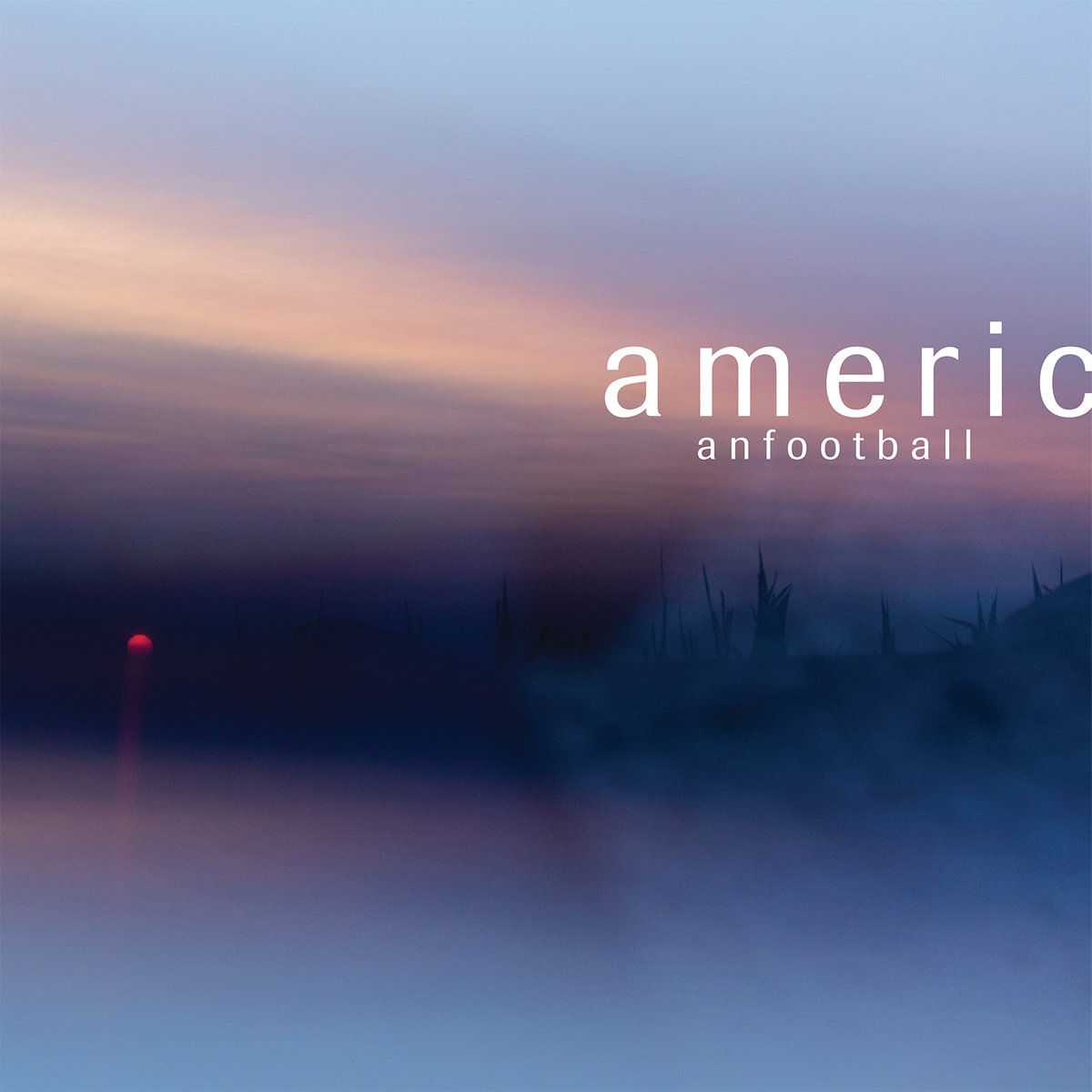
c/o sonofmarketing.com
Emo visionary American Football has always succeeded due to its self-awareness. Its first album explored the intensity yet immaturity of teenage emotion. That debut album in 1999 was never meant to be more than a college band’s project, and it became something of a viral cult classic years later. But the band’s return album in 2016 fell disappointingly flat—like it was doing an impression of itself. In their newest LP, American Football returns to maturity by introspectively considering their own fatherhood, alcoholism, and selfishness. Considering the massive shadow the first album casts, how does this third LP hold up? Shockingly well.
The first note on the album brings a familiar feel. It evokes the “twinkle rock” sound they pioneered, but this time that signature twinkle doesn’t come from their guitars. It originates from a marimba. That sets the tone for the entire album; American Football retools the sound it became famous for, adding a fresh spin to their iconic sound. Whereas its second album sounded like a cover band, LP3 sounds like a fresh venture into new (but not wholly unfamiliar) territory.

c/o americanfootball.bandcamp.com
Even the album art reflects this departure. The first album cover featured a now iconic house in Urbana, a destination that emo kids flock to as though it were a religious site. The house has become a cult symbol, which is a reputation that can be artistically limiting. Their third album’s cover features a sunrise over a serene lake located a few miles away from the iconic house, representing their thematic and sonic departure from their past.
The album’s opening track, “Silhouettes,” carries many of the tenets of old American Football tracks but also functions as a subversion of the entire genre. “Tell me again,” lead singer Mike Kinsella sings, “what’s the allure of inconsequential love?” The band’s first album (as well as emo in general) is obsessed with inconsequential love—every song was written about a single breakup.
American Football also bucks the trend of emo by including three features on the album, all of whom are women. First, indie rocker Elizabeth Powell offers chilling vocals in French on the track “Every Wave to Ever Rise.” On the following track, Hayley Williams of Paramore adds a surprisingly delicate feature, which compliments Kinsella’s gentle vocal stylings. Finally, Elizabeth Powell of the shoegaze super band Slowdive adds a sturdy, lo-fi foundation for the complicated musicianship on “I Can’t Feel You.” The features somewhat alleviate the boys’ club legacy of emo, and they reveal the diverse musical influences of American Football.
Emo bands tend to have a song-writing pattern that they abide by at all costs. American Football’s first LP is no different. Many of the tracks have a quite similar aesthetic. The monotony of their debut is forgiven by talented musicianship and the novelty of the sound. Their third LP is the group’s most varied to date. For example, Pink Floyd’s ideas are integrated creatively in “Uncomfortably Numb.” There are also shades of Kinsella’s folksy side project, Owen, in certain moments. Even just instrument choices sound more varied than ever. There are the classic trumpets and guitars of the old days, but you can also find pianos, marimbas, and even a children’s choir.
The punchlines have stepped up on this record as well. In fact, they are some of the least corny lyrics Kinsella has ever written. Sure, there’s some real cringy lines, such as “I promise as soon as the war ends, I’ll find you and we’ll break laws again as civilians.” Not only is this analogy forced, but military imagery is also an emo cliche that fails to fit the band’s aesthetic. Yuck. But on a track about his own self-centeredness, Kinsella quips, “I’m unapologetically sorry for everything.” Near the beginning of the record, he gets vulnerable: “I used to blame my father in my youth. Now as a father, I blame the booze.”
That emotional honesty has always been their appeal. It wasn’t teenage-oriented angst like other emo bands. On that first magical album, American Football perfectly understood the childish intensity of their own feelings. They knew that their feelings were naïve or didn’t even make sense. And yet, they embraced and explored those feelings with this self-awareness. That maturity gives the band a staying power that few emo bands have, and it shows through on their latest release.
Some tracks can feel a bit long. Smartly, the record lasts only eight songs, giving a greater weight to the tracks that are present. The album’s short track list also prevents the songs, all of which are nearly five minutes long, from overstaying their welcome. You’ll also never hear a flaw on this record, ever. That surprisingly works against the album’s favor. The instrumentation is perfect, and the production is ultra-clean, leaving the record feeling almost sterile at times.
Clearly, American Football has moved on to music that feels relevant to them, stepping out of the massive shadow that their first LP created. It’s not a perfect record by any means, but it creates an atmosphere that no other band can quite match. American Football’s musical success is incredible to begin considering their origins as a college emo band. Its ability to make refreshing music 20 years later may be an even more impressive feat.
Connor Aberle is a member of the class of 2019 and can be reached at caberle@wesleyan.edu.